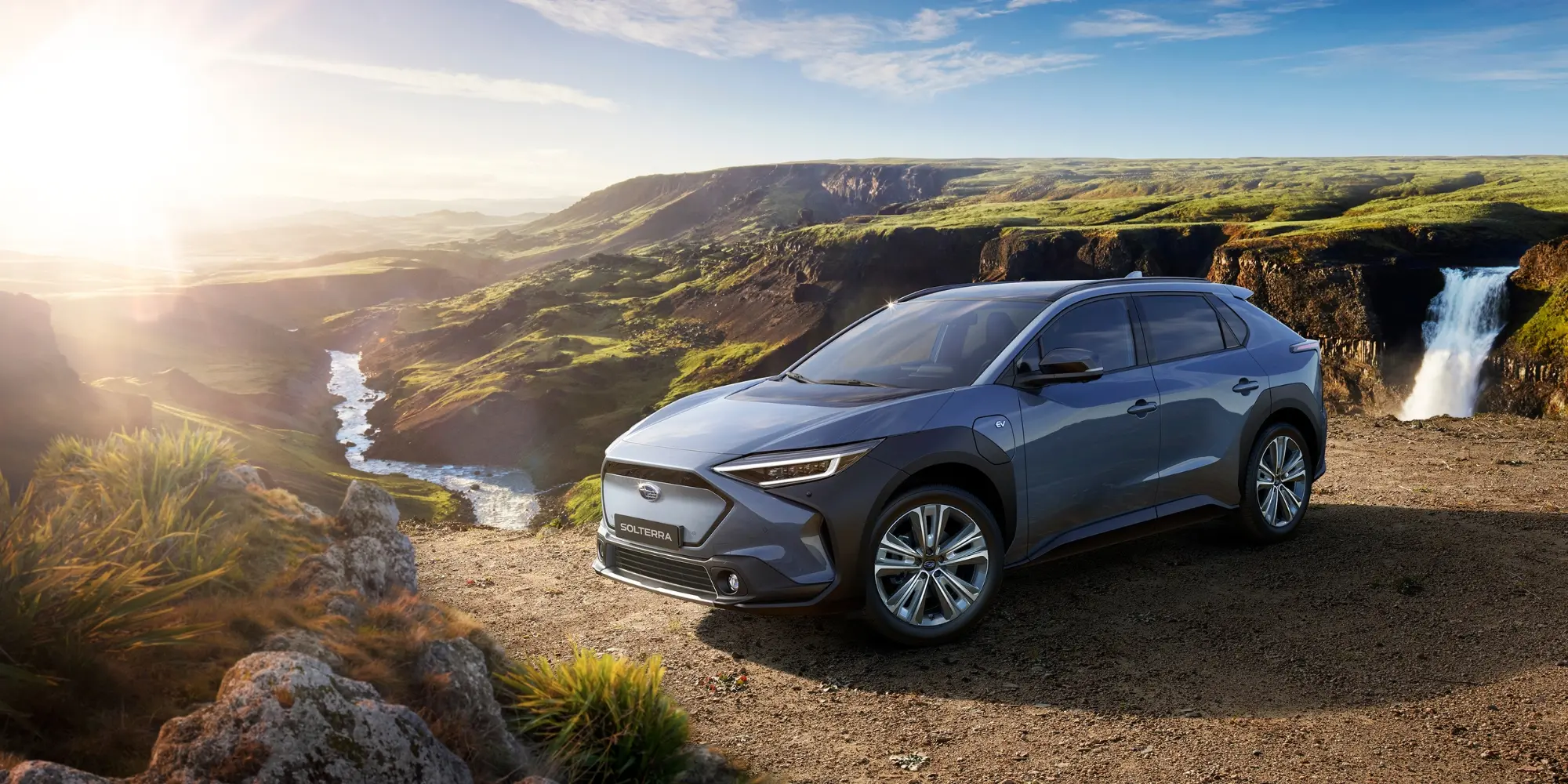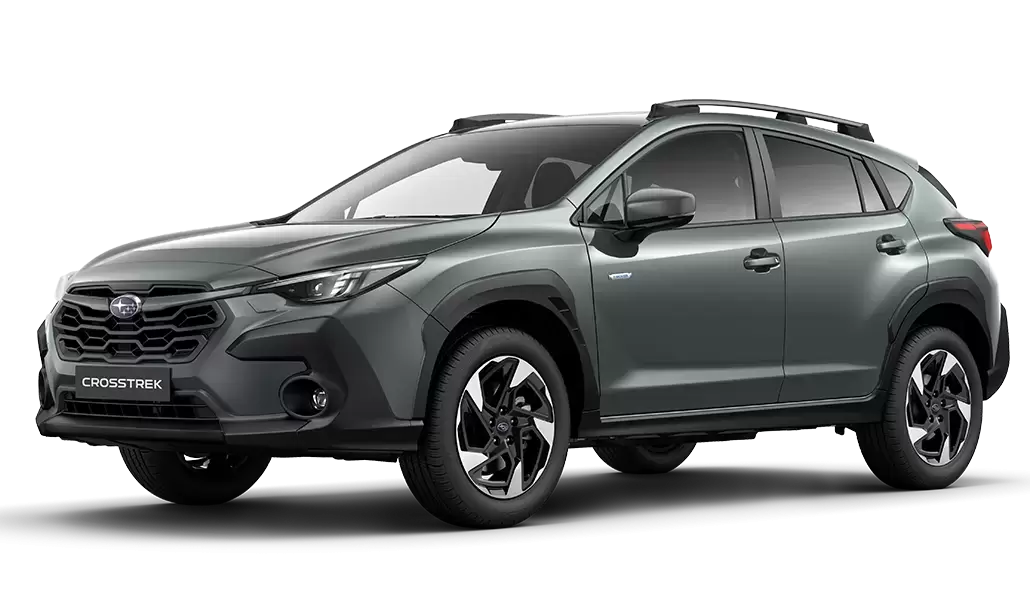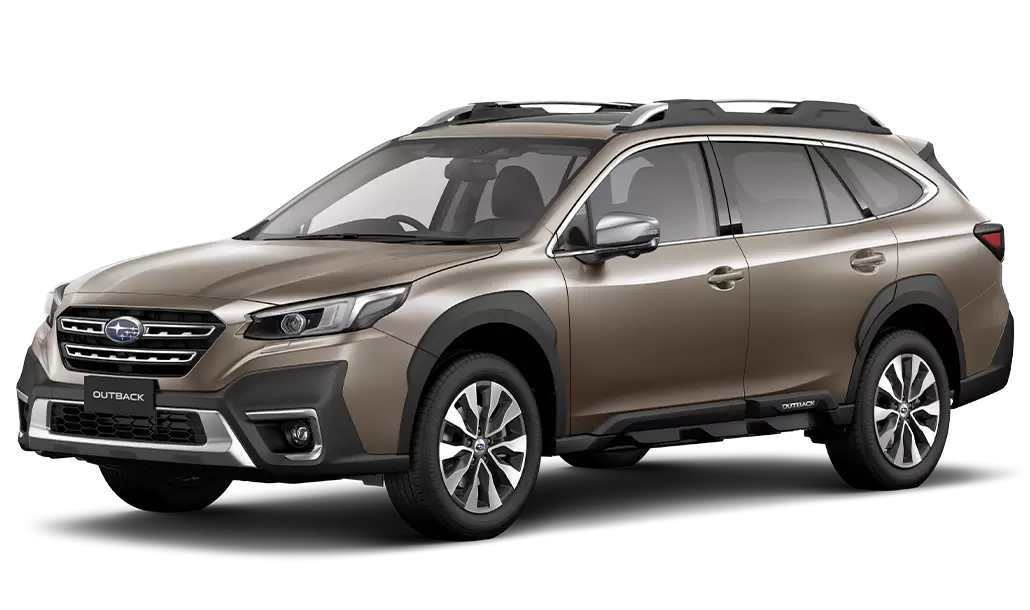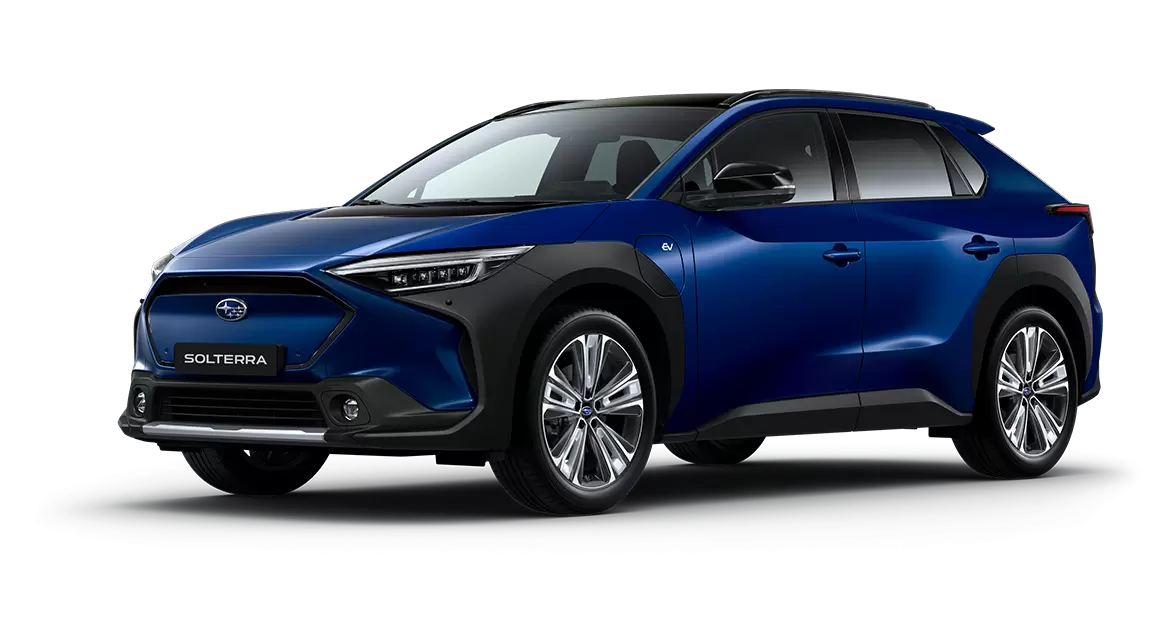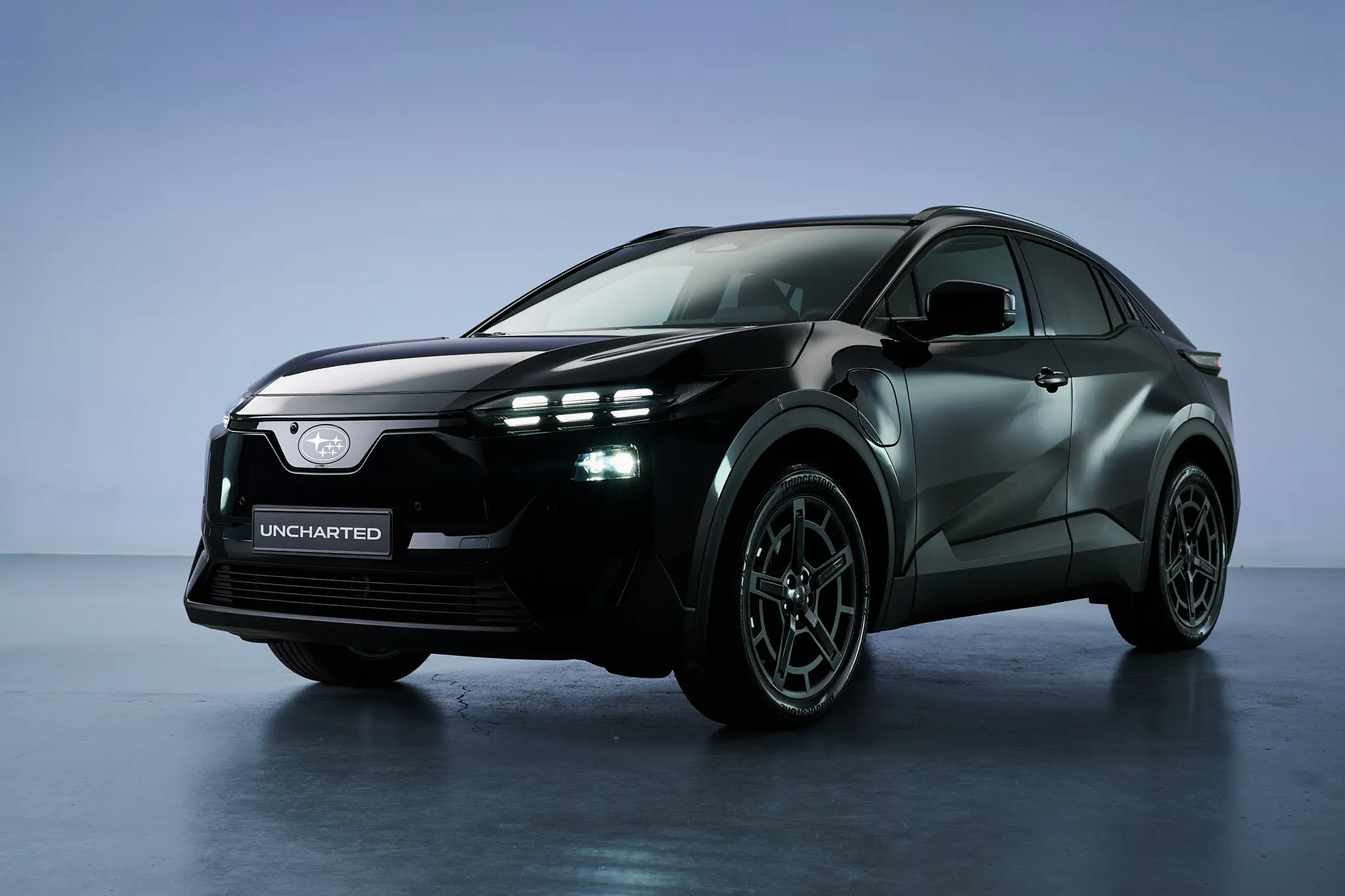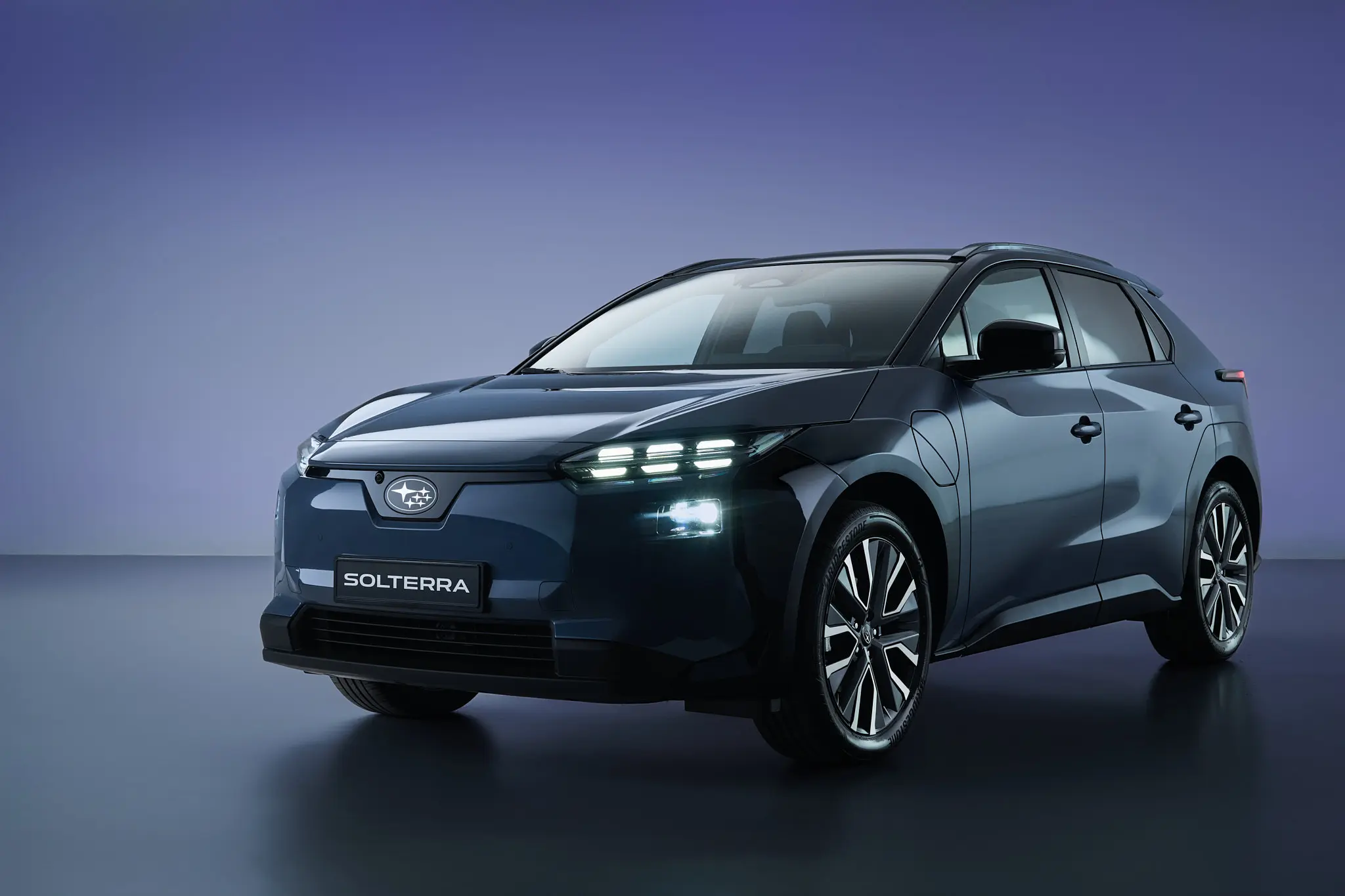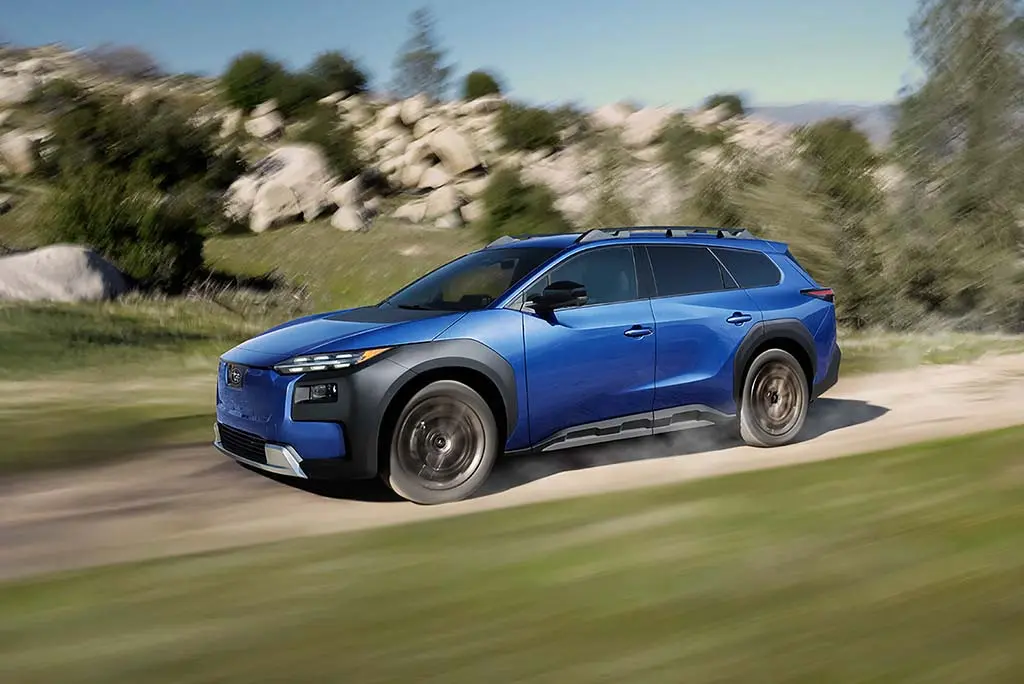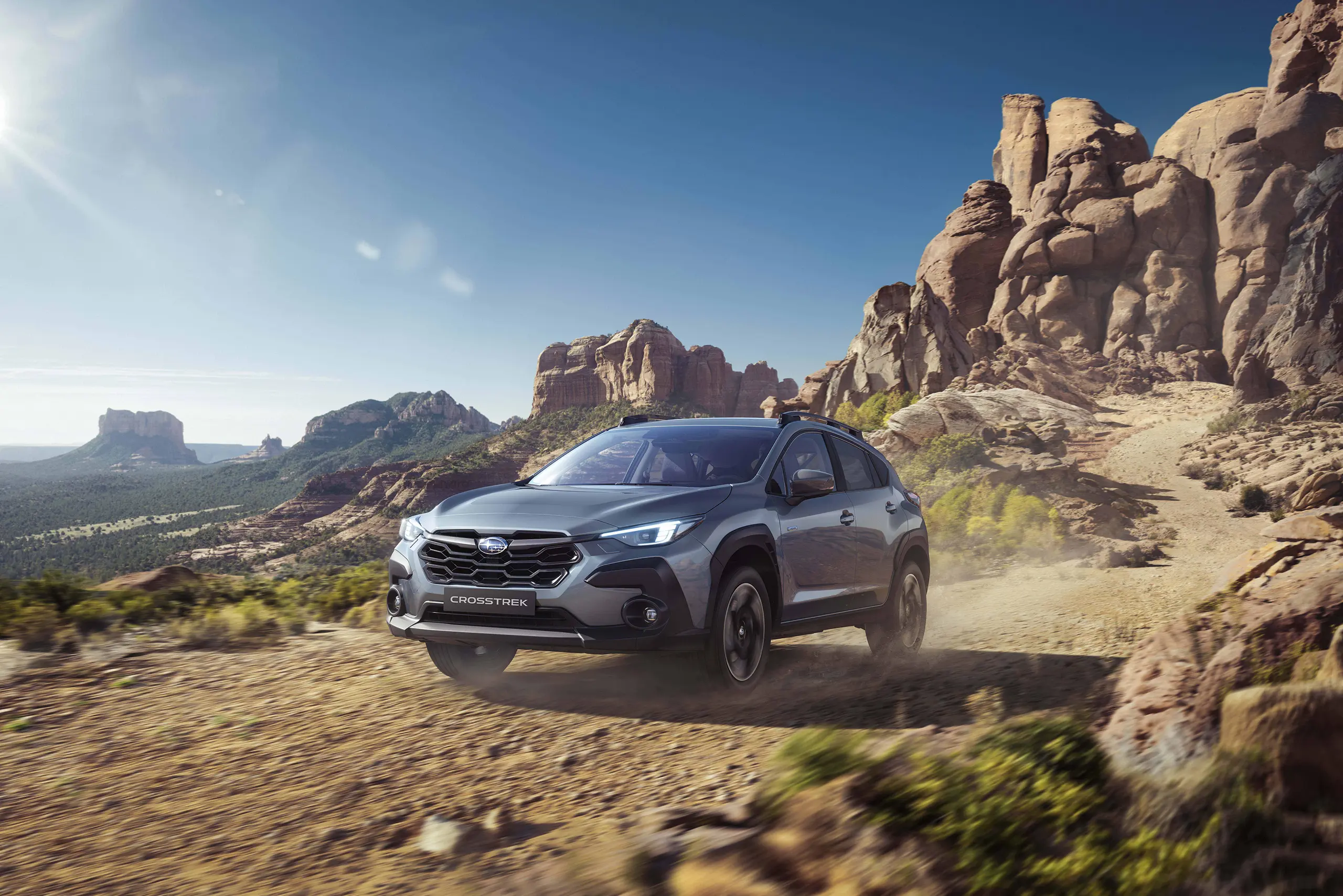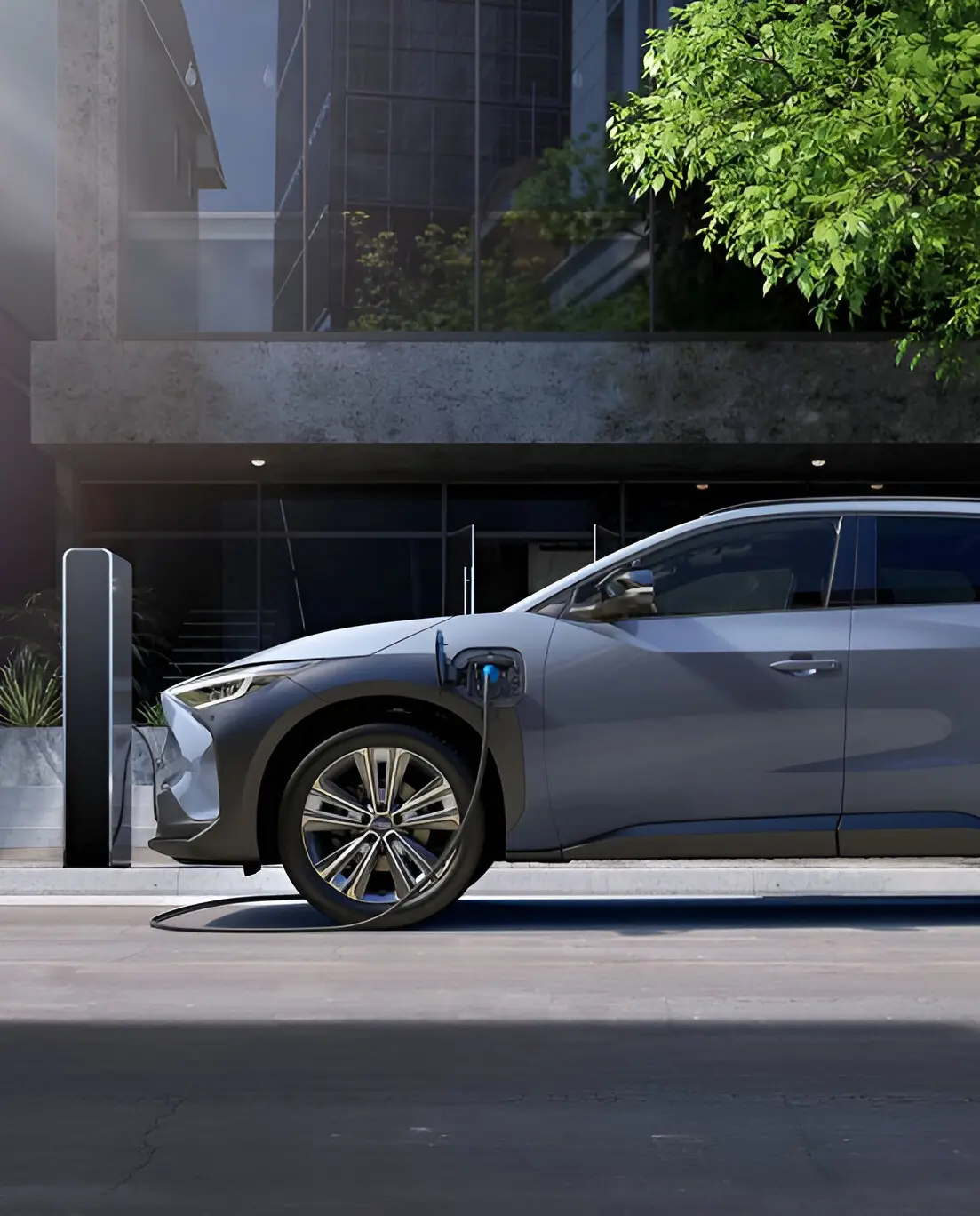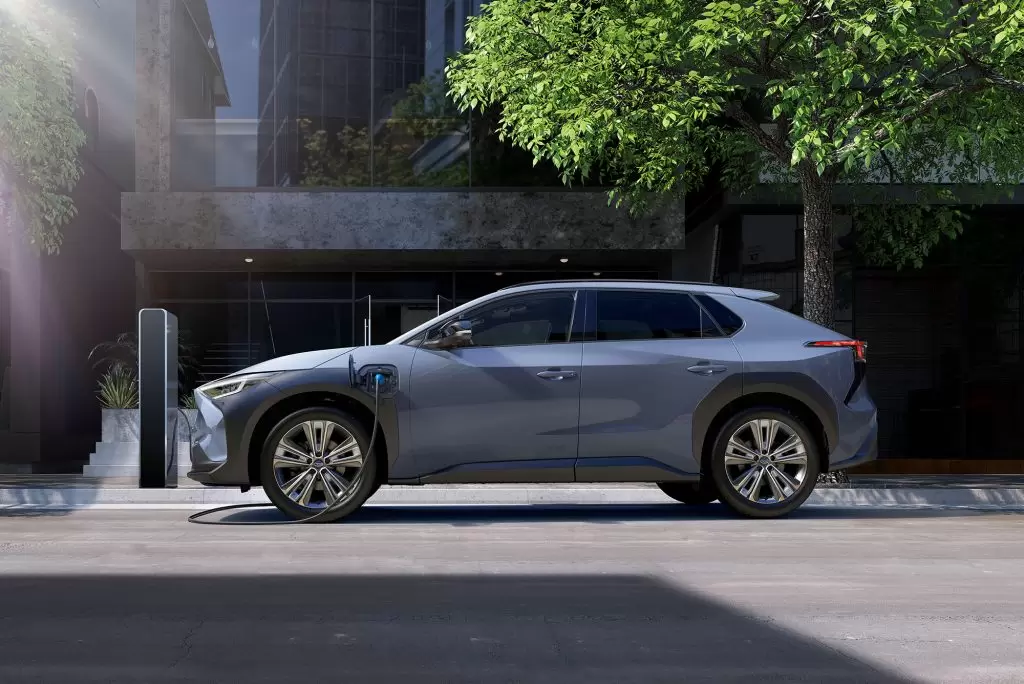Key takeaways:
- The cost of charging your electric vehicle will change depending on whether you’re at home, work, or a public charging station.
- Charging at home could cost about £13 a day, according to Pod Point.
Considering the cost to charge your car is important when you’re looking for an electric vehicle. The short answer is, says our Subaru experts, “The cost of charging your EV depends on a number of factors: your battery size, where you charge your car, and the speed at which you wish to charge it,” Find out how much it costs to charge an electric car in our guide below.
How much does it cost to charge an electric car?
The cost of charging your EV will depend on where you charge it. For example, you will pay a different amount if you charge your electric vehicle at home compared to a public charging station.
Cost of charging an electric car at home
The actual cost of charging your electric car at home does depend on your energy provider – this is about 24-32p per kWh on average in the UK, according to Pod Point.
Is charging an electric car cheaper than fuel?
Octopus Energy also says that charging an electric vehicle works out at around 3p per mile, differing to petrol or diesel cars which cost 19-21p per mile.
How much is it to fully charge an electric car?
Electric cars rarely need to be fully charged – most usually just need a top up. Fully recharging an electric car will probably cost around £15 for a 200-mile range, depending on the battery size of your EV and where you live.
Cost of charging an electric car at a charging station
The public EV charging cost will change depending on the charging station. Pod Point says that it costs an average of 48p per kWh at a public charging station. This makes it cheaper, usually, to charge your EV at home.
Is it cheaper to charge an electric car at home or a charging station?
When you charge your car at home, you’re able to shop around for different energy providers which, in turn, can make it the cheapest way to charge your car. Charging points usually have a fixed rate but they can also differ per station. You will also have to think about the cost of driving to and from your nearest charging station.
How much does it cost to charge an electric car with a rapid charger?
Charging an EV with a rapid charger will charge your car quicker, making them perfect for service stations on motorways. As Pod Point says, these usually cost £19 for 90 miles.
How much does it cost to charge your car at work?
If you’re an employee, many offices offer free charging throughout the day – but it is important to check with your employer.
If you’re a business owner, you could reduce the cost of installing a charging point through the Workplace Charging Scheme (WCS). In terms of energy cost, this will be calculated by the price your business pays per kWh. According to Mr Charger, this is about 14p per kWh. It’s important to check if you have enough energy supply to charge one or more cars - you may need to upgrade your energy tariff, which can be an extra cost. Again, this will differ per provider.
How much is it to charge an electric car?
The cost of charging an electric car requires a simple calculation:
The Size of battery (kWh) x Pence per kilowatt hour of your electricity provider.
This will give you the cost of charging your car to full capacity.
What affects the price of charging an electric car?
There are a few factors to consider when thinking about the cost of charging your electric car.
- Where you charge your car: The cost of charging your electric car will be affected by where you charge it – this could be at home, work, or at a public charging station
- The size of your battery: Of course, the larger the battery capacity, the more electricity it will use and the higher the cost will be
- The number of miles you drive: The more you drive, the more you will need to charge your car. This frequency will affect the overall cost of driving your car.
- Faster chargers will be more expensive: Rapid chargers, like the ones located at service stations, will cost more because they charge your car quicker. This is a cost to consider if you’re doing longer journeys.
- The efficiency of your vehicle: Like with a fuel car, an efficient electric vehicle would cost less to run because you will have to charge it less frequently. Find out about the efficiency of Subaru electric engineering here.
How much electricity does an electric car use?
The amount of electricity an electric car (EV) uses depends on several factors, including:
- Driving distance: The distance you drive will increase the amount of electricity your EV will use. GrenCell Energy claims that an average electric car consumes about 34.6kWh to travel 100 miles.
- Cold weather can use more electricity: As our Subaru expert says, “Cold weather or cold climates can increase the amount of energy your car consumes due to a slowed down electro-chemical process which reduces the flow of electricity. Similarly, tough road conditions, like ice, can use more energy because your car needs to resist against these factors. This is along with the battery being used for heating.”
- Heating and air conditioning: Your car’s battery is used for heating and air conditioning as well as driving.
- Battery size: The size of your electric car’s battery will determine how much energy you use. As Motoring Electric say, an EV with a smaller battery (up to 25kWh) could use 1,900kWh per year. Larger batteries (35kWh+) might use around 3,500kWh annually.
How much does it cost to charge an electric car on a 3-pin plug?
Similar to a fitted charger, the cost of a 3-pin electric charger will depend on the cost of your electricity and the car battery size.
However, it can take over 24 hours to charge an electric car with a 3-pin plug – and this is only to 80%. Because a 3-pin plug doesn't have the same safety measures as a smart home charger, this could potentially be a hazard too. Not to mention, you may not be eligible for special electric charging tariffs if you use a domestic plug.
Is it cheaper to charge your car at night?
Many energy providers offer off-peak hours where electricity is cheaper because demand is lower. This means that charging your car at night could be cheaper. It’s best to check your plan to see if this is applicable to your household.
We hope this guide on the price to charge an electric car was helpful. Make sure to read our guide on SUVs to find out more about these wonderfully capable electric vehicles.
News & Stories
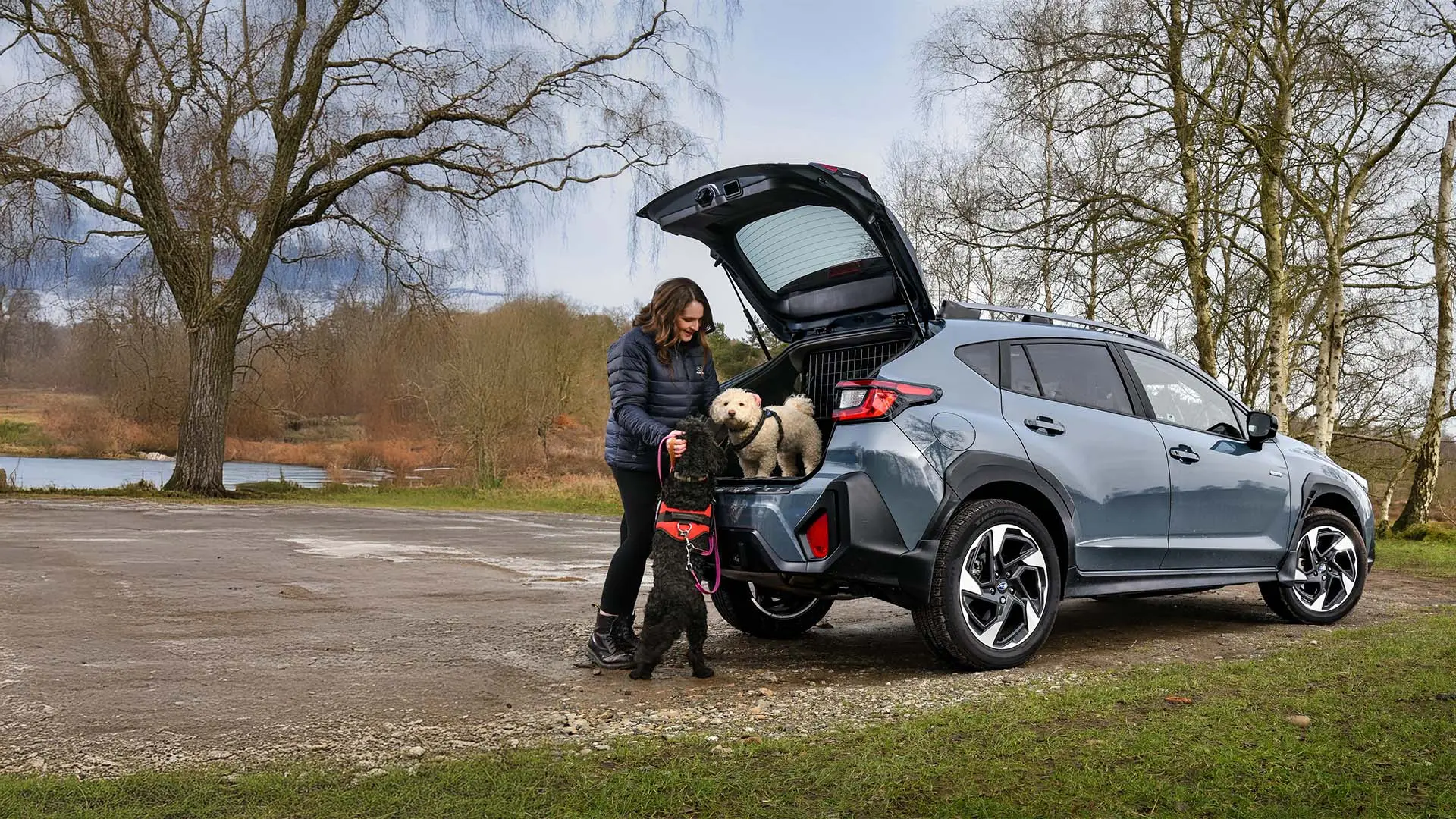
Subaru Helps Owners Travel Safer with Their Pets

Subaru UK Retailer Update and Awards 2026
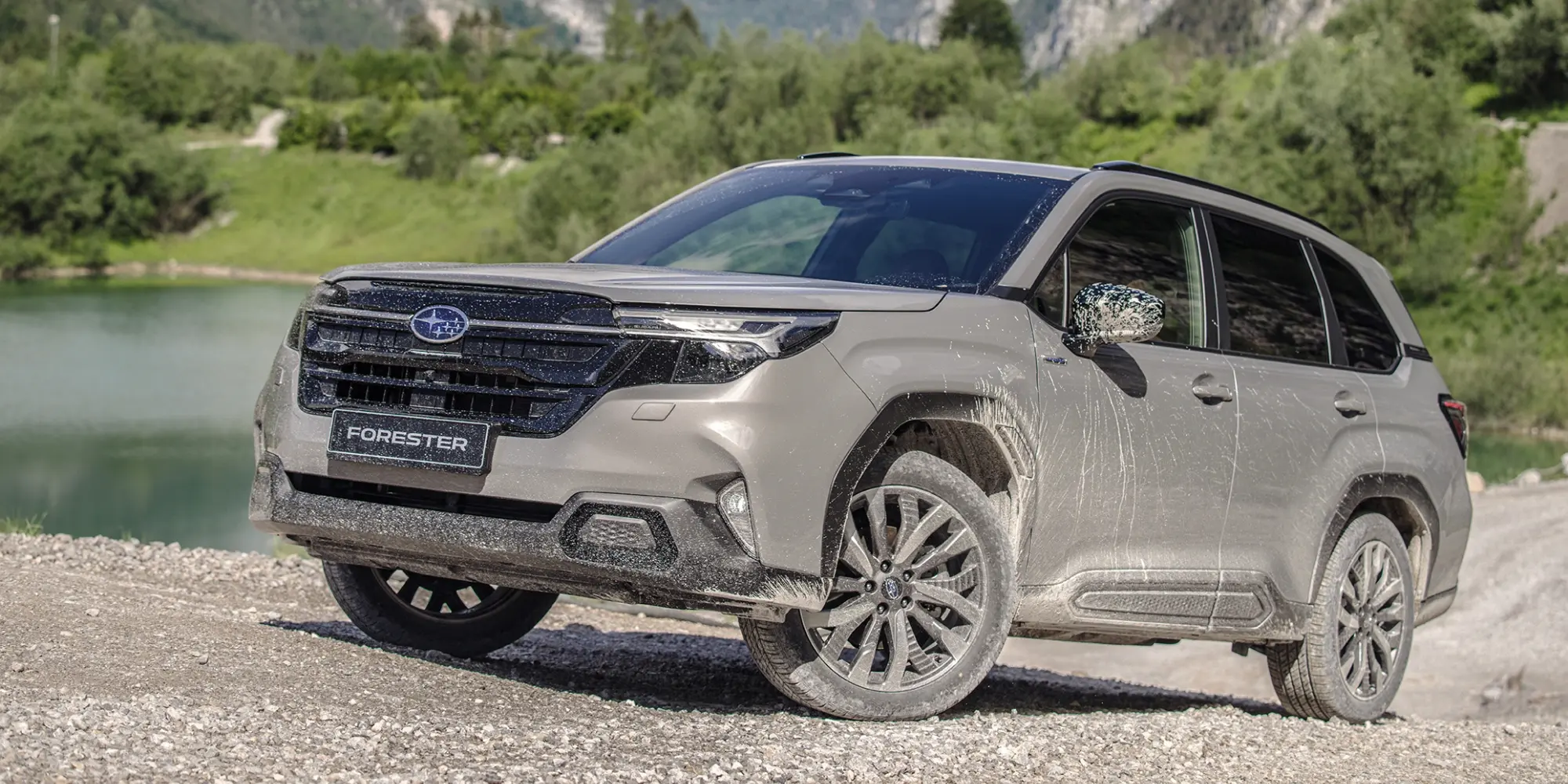
The benefits of hybrid cars

Self-charging hybrid cars: what they are & how they work

All-wheel drive cars: what they are & how they keep you safe
